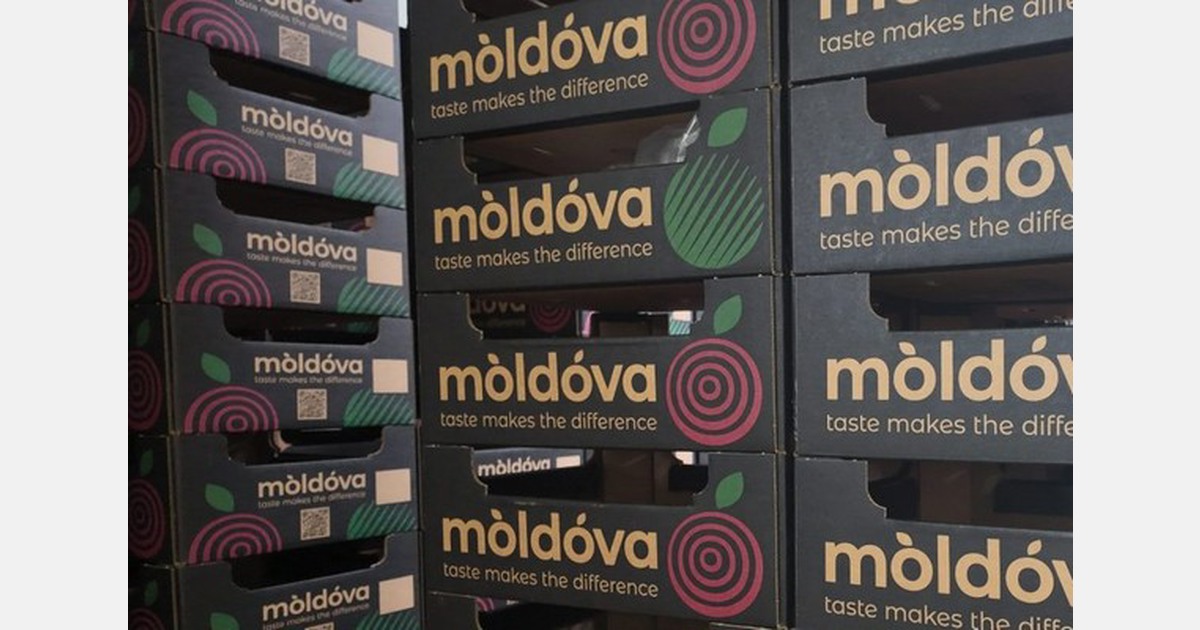In recent years, Moldova has seen its exports to the European Union increase significantly. “The shift towards the EU market has been profound: in 2013, 46.8% of Moldovan exports went to the EU, but today that figure stands at 67.3%, with the CIS countries receiving only 6.8%,” Doina Nistor, Deputy Prime Minister, Minister of Economic Development and Digitalization, told the state news agency Moldpres in early August.
Its fruit sector emerges as one of the country’s most competitive export industries, driven by strategic government policies and deepening trade ties with the European Union. A key factor in this transformation has been the implementation of the Deep and Comprehensive Free Trade Agreement (DCFTA) in 2016, followed by additional trade liberalization measures, especially after the Russian invasion of Ukraine in 2022.
In late July, the EU announced that it is expanding access for Moldovan products on the community market, offering increased quotas for plums, apples, table grapes, and cherries, while fully liberalizing exports of grape juice, tomatoes, and garlic.
The fruit sector has been a standout performer. In 2023, Moldova became the EU’s top supplier of plums. Plums saw volumes 3.7 times above their previous quota, and cherries regularly surpassed their former limits even in challenging climatic years. Table grape exports rose from 15,793 tons in 2021 to 33,415 tons in 2024, while export value more than tripled. Apple exports soared from just over 1,000 tons to nearly 25,000 tons in the same period.
This growth reflects both market demand and the readiness of Moldovan producers to deliver at scale. The horticultural sector is undergoing modernization, with significant investment in new plantations and high-performance varieties. By 2027, the sector aims to add 450 hectares of apple trees, 360 hectares of cherry trees, and 350 hectares of plum trees.
Government programs provide grants, financing, and technical assistance to ensure producers meet EU standards on food safety, traceability, and pesticide reduction. These investments also target post-harvest infrastructure, packaging, and logistics, helping Moldovan fruits maintain quality during long-distance transport. Investments in innovation led to the establishment of Agrotek Park, the first university research park in smart agriculture and food tech, on the UTM campus in Mircești.
By aligning with European norms and boosting production capacity, Moldova is positioning itself as a reliable supplier of high-quality, seasonal fruits to countries such as Germany, France, Poland, Romania, and the Nordic markets, where demand for organic produce is high.
Source: Moldpres
